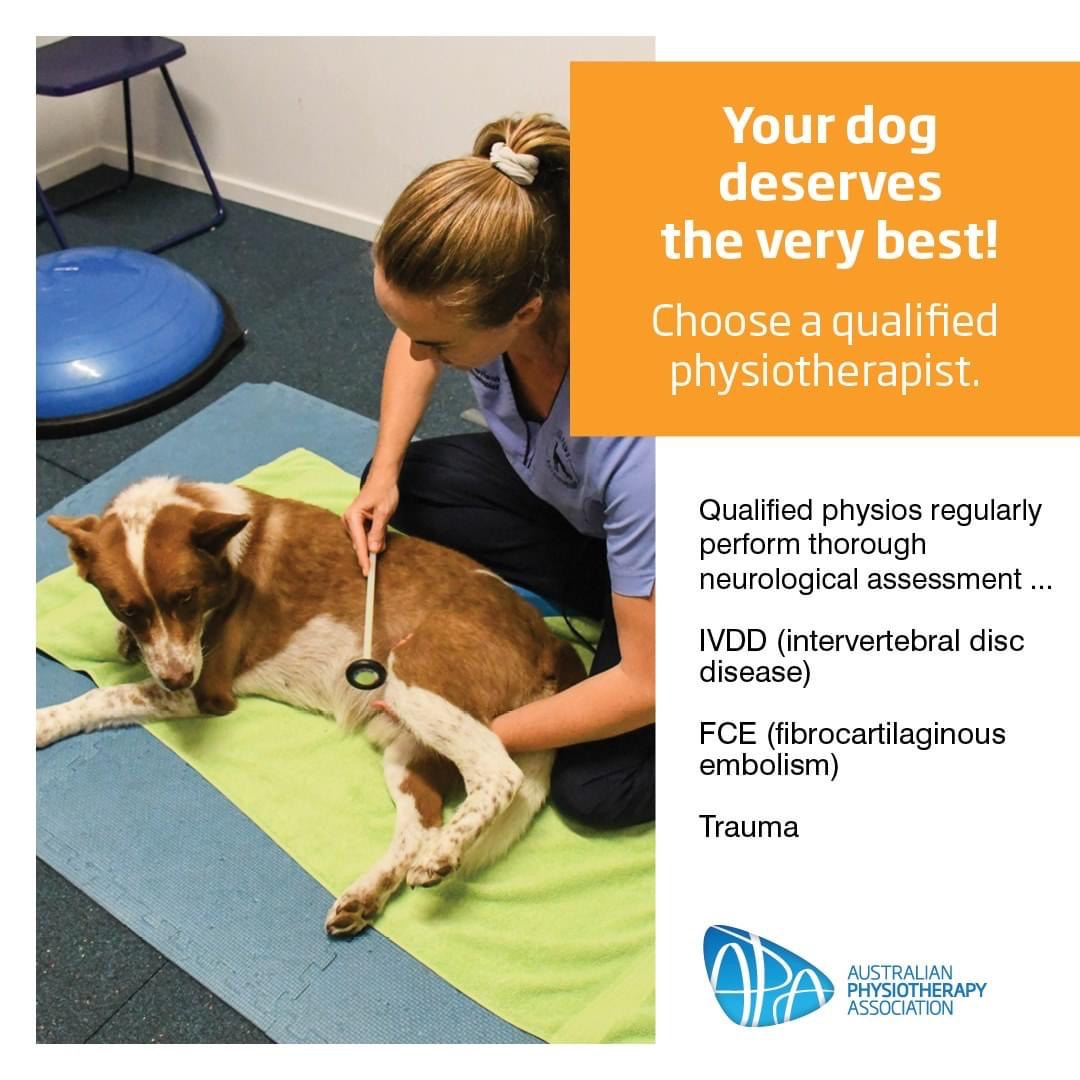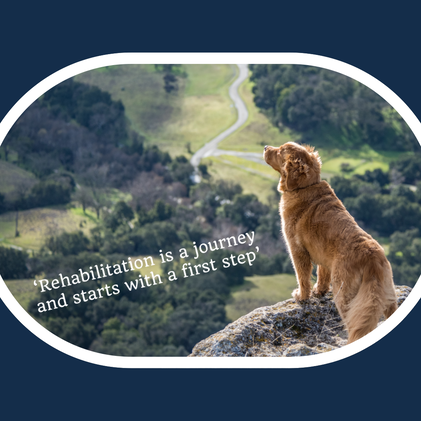What are ‘ neurological disorders?’
The spinal cord and brain are considered a part of the central nervous system (CNS) and the nerves that branch off from the spinal cord are a part of the peripheral nervous system (PNS.)
In a simplified sense, the PNS and CNS work together to co ordinate movement and to regulate bodily function.
Collectively, disorders that affect either the CNS, or the PNS can result in a range of symptoms in dogs and can be quite distressing for not only the dog experiencing these symptoms but also for the owner to observe.
Symptoms can range from :
- Difficulty with mobility: This can be due to a range of causes from muscle weakness, un co-ordination, dragging or loss of movement in the hind limbs or 'knuckling' of the hind paws, just to name a few.
- Behavioural changes: Pacing, lack of appetite, irritability
- Balance issues: This can be characterised by uncoordinated gait when walking, a head tilt, walking in circles or falling to one side.
- Pain : localised or global. You may notice that your dog may be avoiding certain things they usually do like jumping up on the couch, are slow to rise or avoiding stairs however, signs may be more subtle like reduced tail wagging.
- Loss of muscle mass
- Seizures
- Disorientation
- Weak reflexes
Common types of neurological conditions we see:There are many different neurological conditions found in dogs, some are breed specific whilst others can be due to external causes such as infection, injury or cancer. Some more of the well known ones are:
|
|
How can rehab help? As physiotherapists, we try to take advantage of a process called ‘ neuroplasticity.’ This is where the brain has the ability to ‘reorganise itself ‘by forming new neural connections. We are able to promote this by using specific exercises and using different modalities to help: -Minimise and control pain -Improve function such as walking, sitting and toileting to the best of the dogs ability -Improve co ordination, proprioception and balance -Prevent muscle atrophy and maintain strength -Maintain joint flexibility Every dog presents differently with their own unique set of symptoms which can range from mild to severe. Rehabilitation aims at addressing these symptoms and tailoring a unique individualised program for each dog. |


